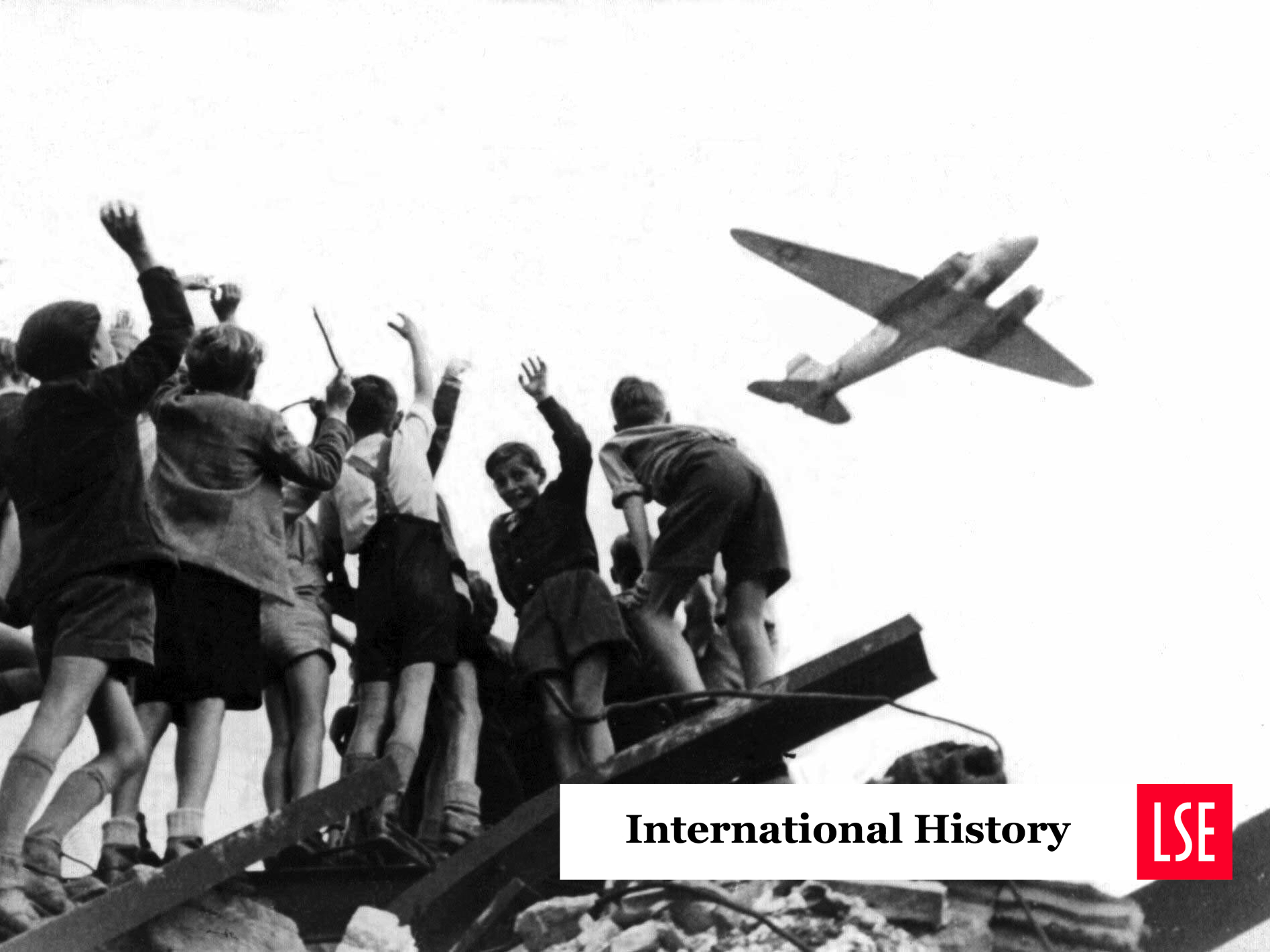
HY461 looks at the origins and the political, strategic, economic and cultural consequences of the arrival of Western imperialism in East Asia and is taught using both a chronological and thematic approach. It begins with a study of the clash between the Westphalian and Sinocentric international orders that started with the opium wars and the opening up of Tokugawa Japan. It then goes on to look at the following topics; the history of Western imperialism in China and the rise of Chinese nationalism; the rise of Japanese imperialism; the Russo-Japanese War and its consequences; pan-Asianism, race and immigration; the Chinese revolution of 1911-12; the rise of intra-Asian trade; the effect of Wilsonian and communist internationalism; Japan’s move towards aggressive expansion in the 1930s; and the ‘Greater East Asia’ War of 1941-45. The course will look at the policies of all of the main actors in the region, and will not therefore concentrate exclusively on Japan and China but also
bring in the European colonial powers, the United States and the Soviet Union.
